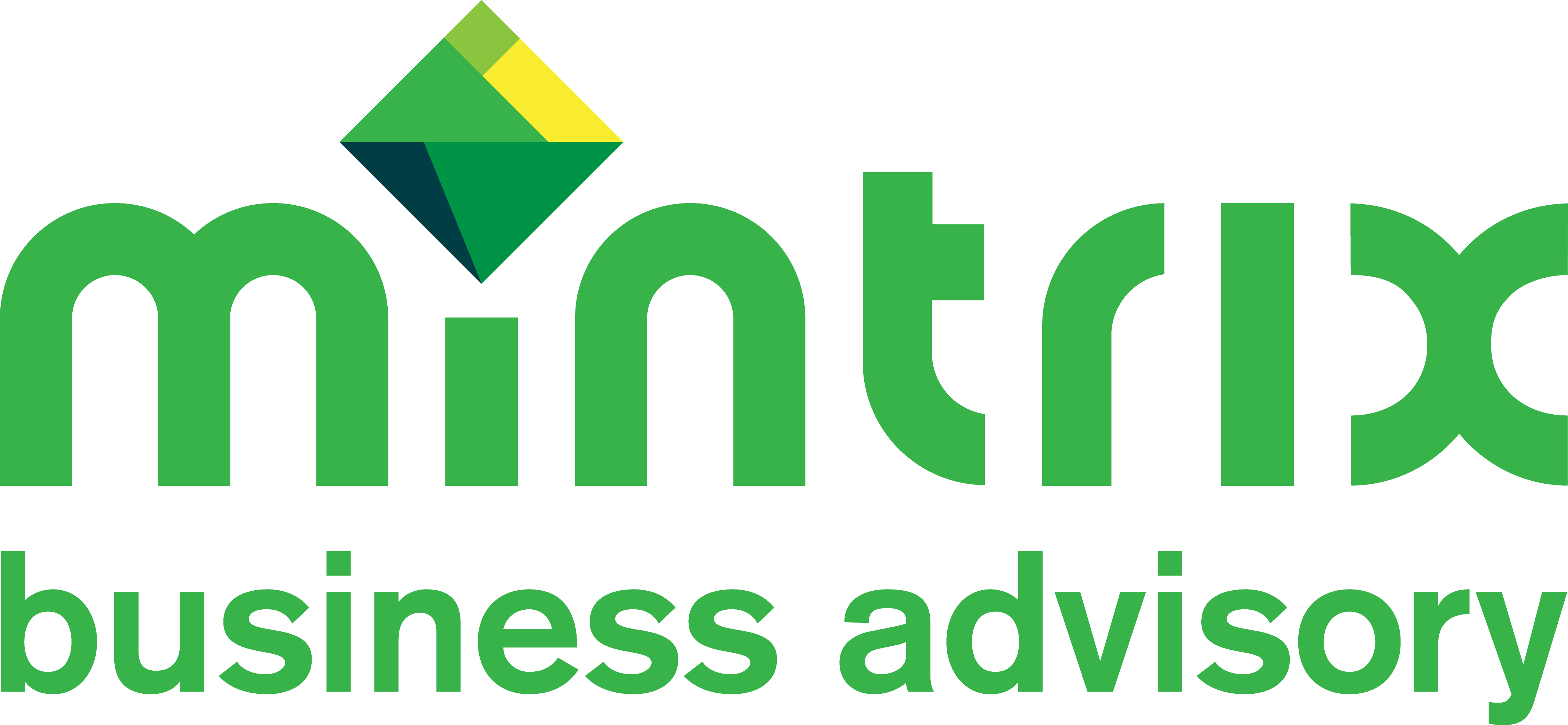Introduction: Understanding Outsourcing as a Strategic Advantage
In today’s competitive business environment, small business owners are constantly seeking ways to streamline operations and enhance focus on their core business strengths. Outsourcing emerges as a strategic tool in this quest, allowing businesses to delegate non-core, time-consuming tasks to external experts. This practice not only aids in managing resource allocation more effectively but also brings specialised skills into the business without the overhead associated with full-time employees. Mintrix Business Advisory specialises in guiding small business owners through the complexities of business challenges including planning to outsource key tasks, as a strategy to optimise performance and accelerate growth.
Identifying Tasks to Outsource: What You Shouldn’t Do Yourself
Outsourcing, when effectively implemented, serves as a significant business lever, enabling small business owners to amplify their focus on core activities that drive growth while handing over non-essential tasks to specialised service providers. The decision on what tasks to outsource should be strategic and informed by several critical considerations. First and foremost, identify tasks that are non-core but necessary—these are tasks that do not drive your main business value but must be done excellently, such as administrative duties, human resources, and some aspects of finance and customer service.
Moreover, areas requiring highly specialised knowledge or technology also stand out as prime candidates for outsourcing. IT management and cybersecurity, for instance, are rapidly evolving fields where specialised knowledge is crucial. By outsourcing these areas, small businesses gain access to state-of-the-art technology and expertise that would be disproportionately costly to develop in-house. Similarly, financial services such as accounting, payroll, and compliance require meticulous attention to detail and up-to-date knowledge of regulations, making them ideal for outsourcing to experts who can perform these functions efficiently and accurately.
Another significant area for outsourcing is marketing, particularly digital marketing. As the digital landscape continues to expand and evolve, maintaining an in-house team capable of handling all aspects of digital marketing becomes challenging. Outsourcing to agencies that specialise in SEO, content creation, and social media management can provide businesses with a competitive edge by leveraging the latest trends and technologies.
The Benefits of Outsourcing for Small Business Owners
Outsourcing presents myriad benefits that can transform the operational landscape of small businesses. One of the foremost advantages is cost efficiency. By outsourcing, businesses can convert fixed labor costs into variable costs, providing significant savings. This shift allows businesses to reallocate resources towards areas with the potential for higher returns, such as product development and market expansion. Additionally, outsourcing reduces the need for investments in office space, technology, and training, further lowering the cost burden on the business.
Access to expertise is another critical benefit of outsourcing. Service providers specialise in their respective fields and bring a wealth of knowledge and experience that can be cost-prohibitive for a small business to develop internally. Whether it’s the latest accounting practices, cutting-edge marketing techniques, or advanced IT solutions, outsourcing partners bring insights that can significantly enhance business operations and service delivery.
Moreover, outsourcing enhances business focus. By handling operational complexities, outsourcing providers allow business owners to devote their attention and resources to core business functions, such as strategic planning, customer engagement, and product innovation. This focused approach can lead to better business outcomes and increased productivity.
How to Choose the Right Outsourcing Partner
Selecting the right outsourcing partner is a pivotal decision that can significantly impact the success of your outsourcing strategy. This choice should be guided by several key factors to ensure that the partnership aligns with your business objectives and delivers the expected benefits. Firstly, assess the potential partner’s credibility and track record. Look for providers with established reputations in their field, positive client testimonials, and a history of reliable service delivery. This evaluation helps ensure that the provider can meet your business needs effectively.
Secondly, the alignment of business values and goals between your company and the outsourcing provider is crucial. The right partner should understand your industry’s specific challenges and share your commitment to quality and customer satisfaction. This alignment ensures that the outsourcing services provided are tailored to your business’s unique needs and strategic objectives.
Communication is another critical aspect of a successful outsourcing relationship. Effective communication channels and protocols should be established to ensure clear, continuous communication throughout the partnership. This includes regular updates, feedback mechanisms, and collaborative planning sessions to keep both parties aligned and responsive to evolving business needs.
Navigating Challenges: What Small Business Owners Need to Watch For
Despite the numerous benefits of outsourcing, it is not without its challenges. One of the main challenges is maintaining control over the outsourced functions. It is essential to establish clear performance metrics and regular monitoring to ensure that the outsourcing partner meets your standards and expectations. This oversight helps maintain quality and consistency.
Quality control is another significant challenge. To address this, develop comprehensive quality assurance processes that include regular reviews and audits of the outsourcing provider’s work. Setting clear expectations and having a robust feedback mechanism in place can also help maintain high standards and prompt corrective actions if necessary.
Data security and confidentiality are paramount, especially when outsourcing involves sensitive business information. Ensure that your outsourcing partner has stringent security measures in place and complies with relevant data protection regulations. It is also advisable to have legal safeguards, such as non-disclosure agreements, to protect proprietary information and prevent data breaches.
Cultural and communication barriers can also pose challenges, particularly when outsourcing to providers in different countries. To overcome these, choose partners with proven experience in working with businesses from similar cultural backgrounds or invest in cultural training for both teams to ensure smooth interactions and mutual understanding.
Lastly, dependency on the outsourcing partner can become a risk if not managed carefully. To mitigate this, maintain an adequate level of knowledge and involvement in the outsourced processes. Having a contingency plan in place for critical functions can also safeguard your business against potential disruptions.
Conclusion: Making Outsourcing Work for Your Business
Outsourcing is a powerful strategic tool that, when used wisely, can significantly enhance the operational efficiency and competitive positioning of a small business. It offers numerous benefits, such as cost efficiency, access to expertise, and enhanced business focus, which are critical in today’s dynamic business environment. However, making outsourcing work for your business requires careful planning, the right partner selection, and diligent management of the outsourcing relationship.
Start by clearly defining your outsourcing objectives and understanding what tasks should be outsourced. Choose a partner that aligns with your business values and goals, and has a proven track record in delivering high-quality services. Establishing effective communication and robust oversight mechanisms is critical to ensure that the outsourcing arrangement meets your business needs. It’s also crucial to stay engaged with the outsourced functions, maintaining strategic control and understanding to ensure alignment with your business objectives. Regularly review and adjust the outsourcing strategies as your business evolves and new challenges emerge. This proactive approach helps you leverage outsourcing to its full potential, ensuring that it contributes positively to your business growth and success.





